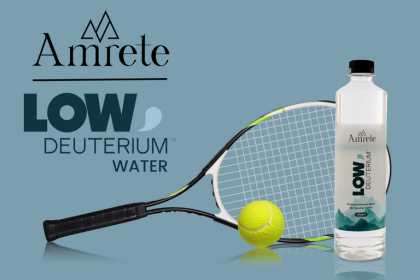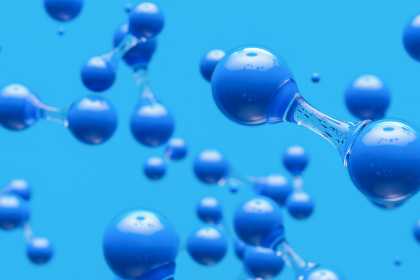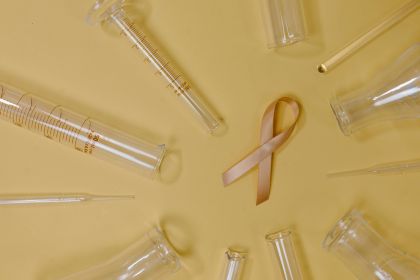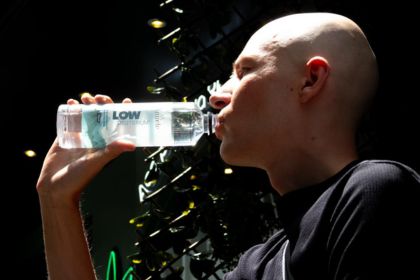Fortunately, recent oncology research has introduced a promising adjuvant therapy: low deuterium water.
• 05-04-2024 • 10 Mins Read

Understanding Deuterium:
To comprehend the significance of low deuterium water in chemotherapy, it's crucial to understand what deuterium is. Deuterium is a stable isotope of hydrogen, commonly found in nature but in relatively low concentrations. However, excessive exposure to deuterium through drinking water and food can disrupt cellular processes, contributing to the development and progression of various diseases, including cancer.
The Role of Deuterium in Cancer:
Deuterium plays a crucial role in cancer metabolism. Cancer cells exhibit a heightened metabolic rate, leading to increased deuterium incorporation into cellular structures. This higher deuterium content alters the biochemical pathways within cancer cells, promoting their proliferation and survival while making them more resistant to traditional cancer treatments like chemotherapy.
Enter Low Deuterium Water:
Low deuterium water, also known as deuterium-depleted water (DDW), is water with a significantly reduced concentration of deuterium. By lowering the deuterium levels in the body, DDW helps normalize cellular metabolism, making cancer cells more vulnerable to conventional treatments like chemotherapy. Moreover, DDW has been shown to enhance the efficacy of chemotherapy while minimizing its toxic side effects on healthy tissues.
Research Insights:
Numerous preclinical studies have demonstrated the synergistic effects of low deuterium water and chemotherapy in combating various types of cancer. For example, research conducted on animal models has shown that combining DDW with chemotherapy leads to enhanced tumor regression and prolonged survival rates compared to chemotherapy alone. These findings offer promising prospects for improving cancer treatment outcomes in clinical settings.
Clinical Applications:
The potential of low deuterium water in chemotherapy isn't confined to the realm of theoretical research. Clinical trials are underway to evaluate its efficacy and safety in human cancer patients. Early results indicate encouraging outcomes, with patients experiencing reduced chemotherapy-induced side effects such as nausea, fatigue, and hair loss, along with improved treatment response rates.
Future Directions:
As our understanding of deuterium's role in cancer continues to evolve, so too does the potential of low deuterium water in transforming cancer therapy. Ongoing research efforts aim to elucidate the optimal dosage, treatment duration, and combination strategies to maximize the benefits of DDW in conjunction with chemotherapy. Additionally, advancements in DDW production techniques may soon make this innovative therapy more accessible to patients worldwide.
Conclusion:
The integration of low deuterium water into chemotherapy represents a paradigm shift in cancer treatment, offering a safer, more effective approach to combating this devastating disease. While further research is needed to fully harness its potential, the preliminary evidence underscores the promise of DDW as a game-changing adjunct to traditional cancer therapies. With continued innovation and collaboration, low deuterium water may soon emerge as a cornerstone of modern oncology, providing hope and healing to countless individuals affected by cancer.
#Chemotherapy #CancerTreatment #DeuteriumDepletion #MedicalInnovation #CancerTherapyEnhancement #Deuterium-ReducedWater #HealthAdvancements #OncologyResearch #CancerCare #ChemotherapyAdvancements #CancerTherapyOptimization #DeuteriumDepletionTherapy #InnovativeCancerTreatments #OncologyBreakthroughs #EnhancedChemotherapyEfficiency #Deuterium-ReducedWaterBenefits #CancerTreatmentInnovation #ImprovedPatientWell-being













.jpeg)











